“The American way of life is not up for negotiations. Period.” ~Pres. George W. Bush
“To accept your rewriting of the Convention is to accept the destruction of our societies.” ~The delegation of Malaysia to the UNFCCC, COP21
The Negotiator as Mythmaker
American climate negotiators are the guardians of a precious, ridiculous, and destructive ideal. Therefore they must be at once political juggernauts and elegant statespeople, must practice refined sociopathy and rhetorical acrobatics, must with incredible subtlety trample dissent underfoot. I can’t deny that it’s an impressive art. But it’s distressing to witness from the sidelines.
Last week at Le Bourget I sat in the back of a room where Todd Stern, the US’s special envoy on climate change, was disinterestedly dialoguing with NGOs about American positioning in the Paris talks. His comments:
- Worried that certain developing nations were “attacking the ambition” of the climate agreement, while the US intended to have an “optimally ambitious” agreement.
- Had difficulties with the “hard-edged” approach of the G77 & China bloc.
- Negotiating parties were getting nowhere by “spouting philosophy.”
- Should be legally mandatory that countries come up with emissions reduction targets… but completely optional whether they follow through.
- Didn’t support a 1.5 ºC temperature target, only its “mention” in the text.
To some, perhaps Todd’s talking points may not sound so outlandish. They were smoothly delivered. But they were divorced from reality, and deserved some serious context.
The United States globalized the economic and industrial system that caused the climate crisis to begin with. The United States has since its founding been a practitioner of colonization and imperialism, of systematic racism. The United States remains a bizarre incubator of climate denialism even when scientists worldwide have unanimously called for immediate, drastic response measures. The United States is one of the most over-consumptive, extractive, and wasteful societies on the planet. Now and in the coming years, the United States will be able to provide the most cushion to its citizenry (at least, to the upper classes) from the dangers of climate chaos (of course, indigenous people, low-income people, and people of color, will continue to be more disposable).
With regards to “ambition,” the US has the capacity to transition away from fossil fuels in the next decade. But because it has long pledged allegiance to the fossil fuel industry, its ambassadors officially wish to postpone this transition to the end of the century. It wants to wait for better technology to save the day, even as it pours subsidies into oil, gas, and coal, and ignores the abundance of renewables that are readily available at this very moment. It wants to achieve the bare minimum, so as to avoid ‘hurting the economy.’ It wants negligible adjustments to the status quo, not the systemic transformation scientists say we need—but still corporations recoil against the slightest of energy efficiency standards. Obama’s modest Clean Power Plan has already had many up in arms. Clearly, this is not what ambition looks like.
Rewriting the Climate Change Convention
What’s more, the UN Convention under which these climate talks are taking place specifically mandates that those responsible for climate change take up responsibility for reversing it. But negotiators from wealthy countries are hard at work rewriting this principle. Says Secretary of State John Kerry, “It is time to eliminate the differentiation between developing and developed countries.” This is a violent erasure of history.
The Convention obligates the wealthy nations culpable for climate change to not only lead mitigation efforts, but also to finance other countries to mitigate and adapt to climate change, as well as build their capacity and transfer technology. These basic pillars of the Convention are now being felled, and when developing countries like India or Malaysia attempt to resurrect them, to invoke the global history that lead to this crisis, the US accuses them of “spouting philosophy!” The G77 and China bloc of developing countries represents the majority of the Earth’s population. If the representatives of a majority of the Earth’s population are taking a “hard-edged approach” on this issue, that probably means something worth listening to.
And once again, the US is promoting economic deregulation at the expense of basic ethics. At a time when many, many people are already losing their lives and livelihoods to droughts and storms, our corporate state is draining the Paris agreement of any legal strength, rejecting any policy measures that carry more weight than polite recommendations, and shying away from anything lower than 2ºC as a “realistic” temperature target. Gerry Arances of the Philippine Movement for Climate Justice tells us, “India is flooding. Every year the Philippines is suffering. We are discussing 1.5ºC or 2ºC while 0.86ºC is already killing us. For those of us in the south, we might not still be alive.”
In the same way that the story of Manifest Destiny (the God-given right to conquer) has justified genocidal American expansionism, the story now promoted by certain leaders and ambassadors (even certain mainstreams environmental NGOs) is justifying the greatest socio-ecological crime in history. It treats climate change as a dangerous hiccup along the highway of progress, but presents American innovators and entrepreneurs (many of them corporations) as potential saviors. Using some clever carbon-trading schemes and technological marvels, they say we can add the word “green” to our growth economy and maintain our way of life. For all the talk of American environmental leadership, Obama and his spokespeople might as well be wearing Captain Planet capes. In the meantime, negotiators frame China and India as the dirtiest polluters and as the villains of the climate crisis.
I’ve put a lot of attention on negotiators. It’s difficult not to here in Paris, when they’re all gathered together in a single building, drafting the future of our world. But I must remember that they are only the puppets, mimicking the posture of their governments. Instead of aiming bows and arrows at the messenger, maybe we should be hard at work revising the message.
Paying Fair Shares
Leading civil society organizations have evaluated the emissions reductions promises of all the countries party to the Paris agreement, determining the extent to which they fall short of, or go beyond, the “fair shares” they should be providing to the world, using a thoughtful calculus of equity and science. Based on countries’ greater or lesser historical responsibility for causing climate change and their greater or lesser capacity to respond, the authors notice that many developing countries (including China!) have done more than their fair share… and that developed countries have done much less. According to this report, which is well respected and referenced even by some parties in the Conference space, the US has committed only a fifth of what it can and should be offering.
Developing countries of the Global South have promised to do even more if they are financed by wealthy nations. Yet the Global North chooses to ignore these ‘conditional’ commitments as invalid. And yet, according to the accounting system used in the Fair Shares report, for the United States and nations in similar circumstances it will be literally impossible to adhere to these fair shares without financing mitigation efforts in developing countries. We can see that serious North-to-South assistance is a moral and ecological imperative.
This is the story we should be telling.
Business as Usual
In addition to the chat with Todd Stern, I also listened in on conversations later in the week with delegates from India, St. Lucia, and the Maldives. The spokesperson from India, packed into a small room with various NGOs, was informally answering a handful of difficult questions. He concluded the meeting with the statement that an unfinanced transition from coal in his country would lock millions of Indian people into a future of “energy starvation.”
The next day I attended a presentation by small-island nations about their climate change adaptation measures. These people have everything to lose to rising seas and intensified storm events—food, infrastructure, land, lives… their entire islands. I listened as the Maldivians casually discussed the practice of vacating and reconstructing islands, saying, “we are here to stay in the Maldives.” But speaking with the Saint Lucian delegate afterward, I was told, “If the parties here in Paris commit to anything higher than a 1.5º target, they are committing my country to extinction.”
At UN conferences, these delegates and US delegates are all together in the same room. How can words like theirs be ignored? In a postcolonial society, how can the United States and its co-conspirators disregard the difference between the Global North and the Global South? How can it shirk its duty to provide adequate finance, and compensate the rest of the world for the deep losses and damages it has caused and will continue to cause through its behavior? How can it prioritize the production of profit over human lives? I suppose it’s because the American way of life is sacred. Because corporations may allow business as usual to be modified here and there, but never discontinued.
Climate change may be called the crescendo of unrestrained Americanism. It is the externality of our holy market. It is the price that the poor and vulnerable must pay for the luxury of the upper classes—for daily meat consumption, seasonless food, cheap energy, an overdose of material goods, for car culture, for large houses, for buying everything on a whim. These comforts are assumed as if they were natural rights. They are casually paid for with credit cards and human sacrifice. A systemic transition cannot occur because this lucrative excessiveness is at stake. The systemic transition that is necessary for collective survival cannot occur because carbon-addicted corporations have too much to lose, have too many investments and sunk costs. These corporations hover like ghosts in the negotiating room. American negotiators are in a precarious position indeed—they are charged with the defense of the most unreasonable and unsustainable model on Earth, charged with the defense of a mythology of growth and progress that endangers entire populations.
The Counter-Narrative
In an intervention at a closing session last week, a delegate of the Marshall Islands challenged the idea of “nationally determined” climate change efforts. He requested instead a consideration of what is “globally necessary.”
In the name of what is globally necessary, the entire world must resist and reconstruct the story that the United States and its neoliberal comrades have been telling. The climate agreement that the US has ghostwritten will not stop the worst of climate change. The American Empire is no hero in these negotiations; it is a criminal. This week, we needed an agreement that was legally binding, equitable, and ambitious, that initiated systemic changes, facilitated sustainable development, and commenced the long journey of recovery in vulnerable countries. This was not just an ideal; it was an obligation under the UN Convention. The US and the Global North murdered this potential.
For those of us living in the United States, the global cry for climate justice must be echoed and strengthened in our domestic campaigns. We must rewrite the American dream. We must demand immediate cuts in GHG emissions and repair the natural systems we have wrecked. We must decompose the industrial model. We must restructure our government. We must redirect the dollars now pouring into military and big business to the people who need it to adapt to and recuperate from climate change—not as charity, but as eco-colonial reparations. We must pay our carbon debts. We must redesign the American way of life to be one of material simplicity, localized economy, distributed & renewable energy, agroecology, slow food and slow travel, and sharing. We must undo the systems of hegemony that perpetuate the environmental and social violence of our times, must show that people in poverty and people of color are not disposable. We must call for America to step down as a superpower, withdraw its imperial tentacles, and humbly serve those that it has historically knocked into the ground.
The US has architected the failure of the Paris agreement, and costumed it as a triumph. To be frank, this is an utter calamity. But it is not too late to hold the US accountable to its historical responsibility. Let us–in Paris, New York, and everywhere else–begin to change the American narrative. Let justice and equity be our muse. When ecosystems and communities worldwide are on the line, when the global situation is as urgent as it is, activism is not an option; it is a necessity. And it begins with the proposal of a new story.
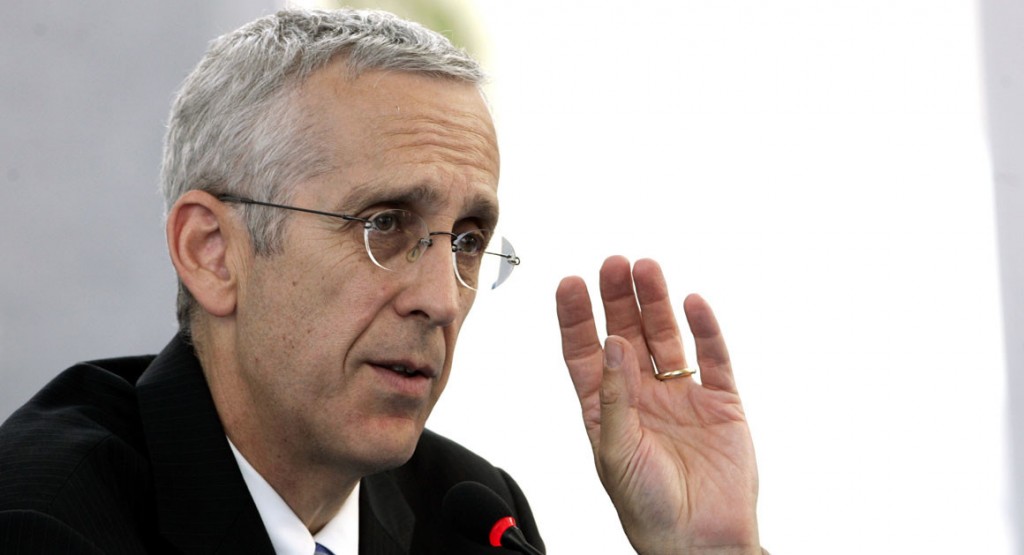
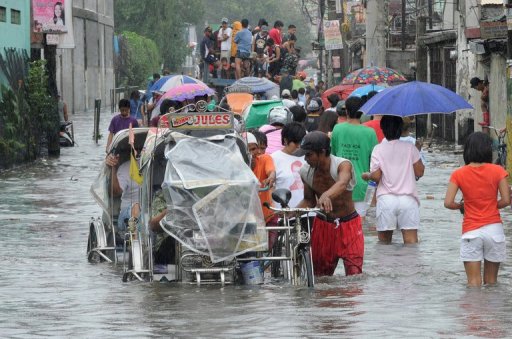
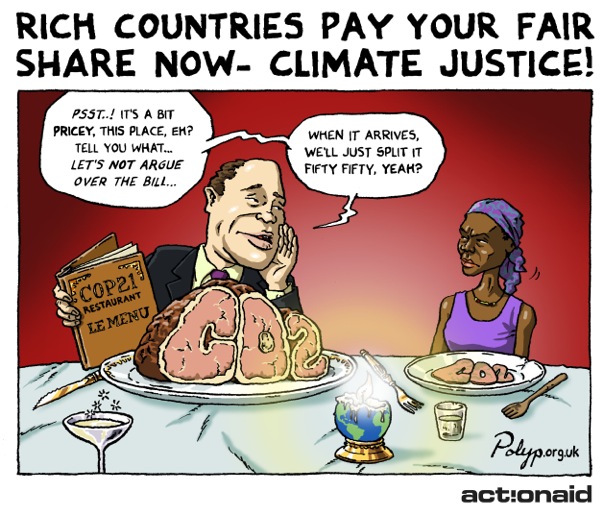
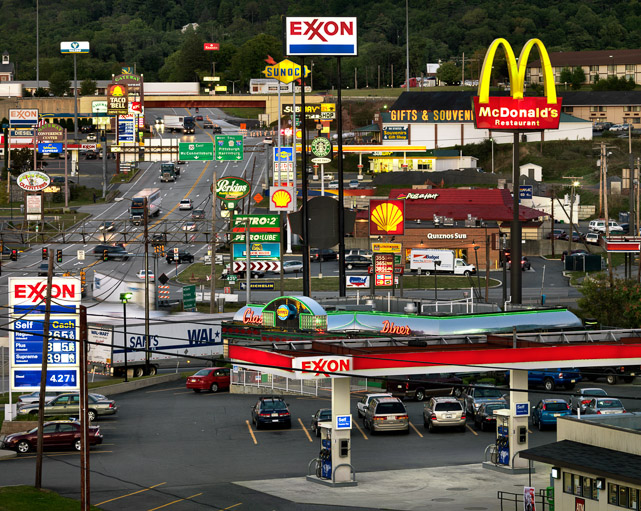
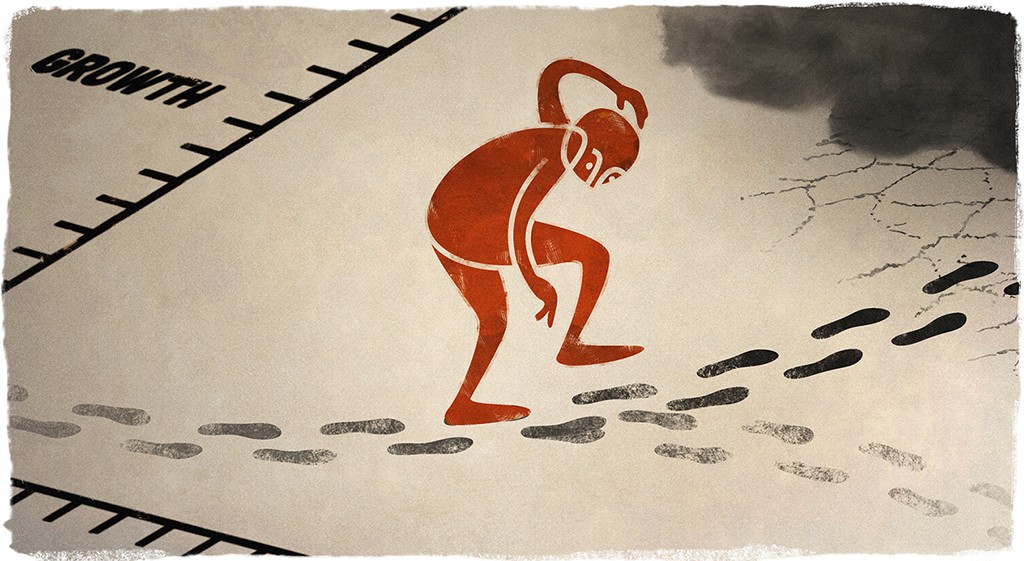
Thank you, Matthew, for an impassioned response to the activities and discussions you have witnessed in Paris. I am grateful for your being there and shedding light on the details of the negotiations.